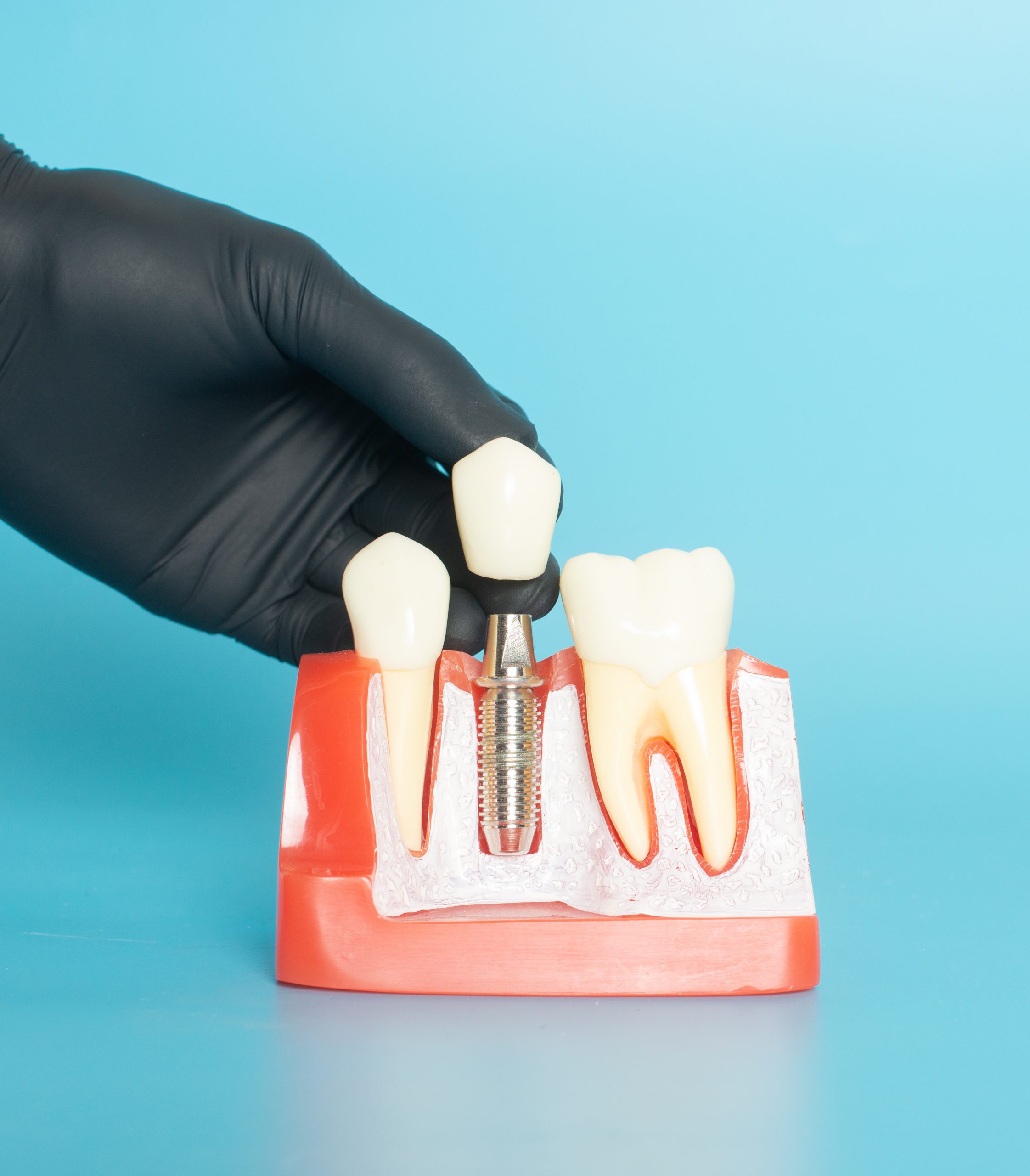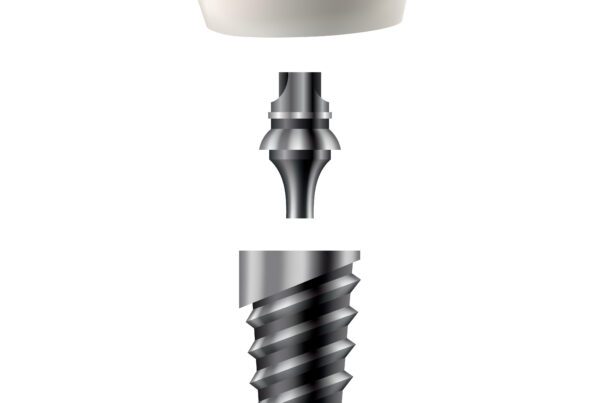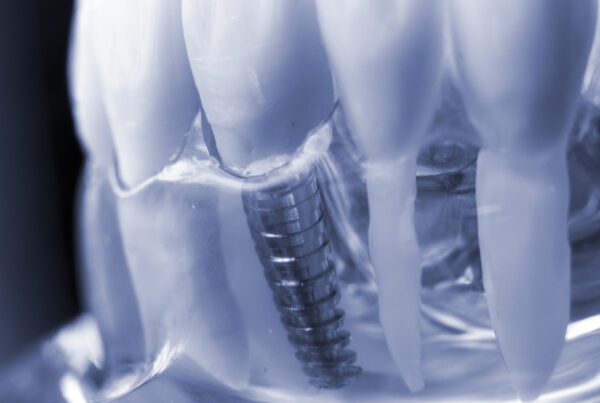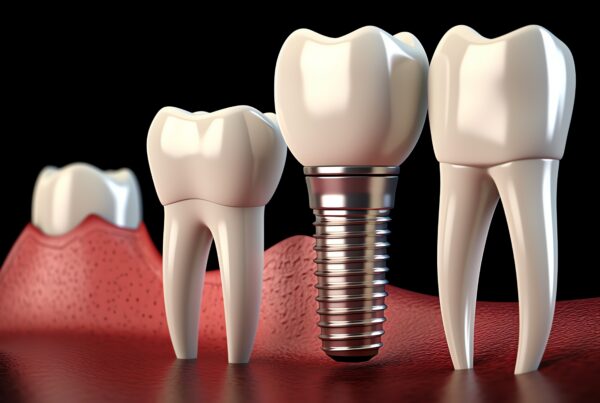Preparing for Dental Implant Surgery
Dental implant surgery is a transformative procedure that can restore your smile and oral function. Proper preparation plays a crucial role in ensuring successful outcomes and minimizing complications. Understanding what to expect and how to prepare can significantly reduce anxiety while promoting optimal healing conditions for your new implants.
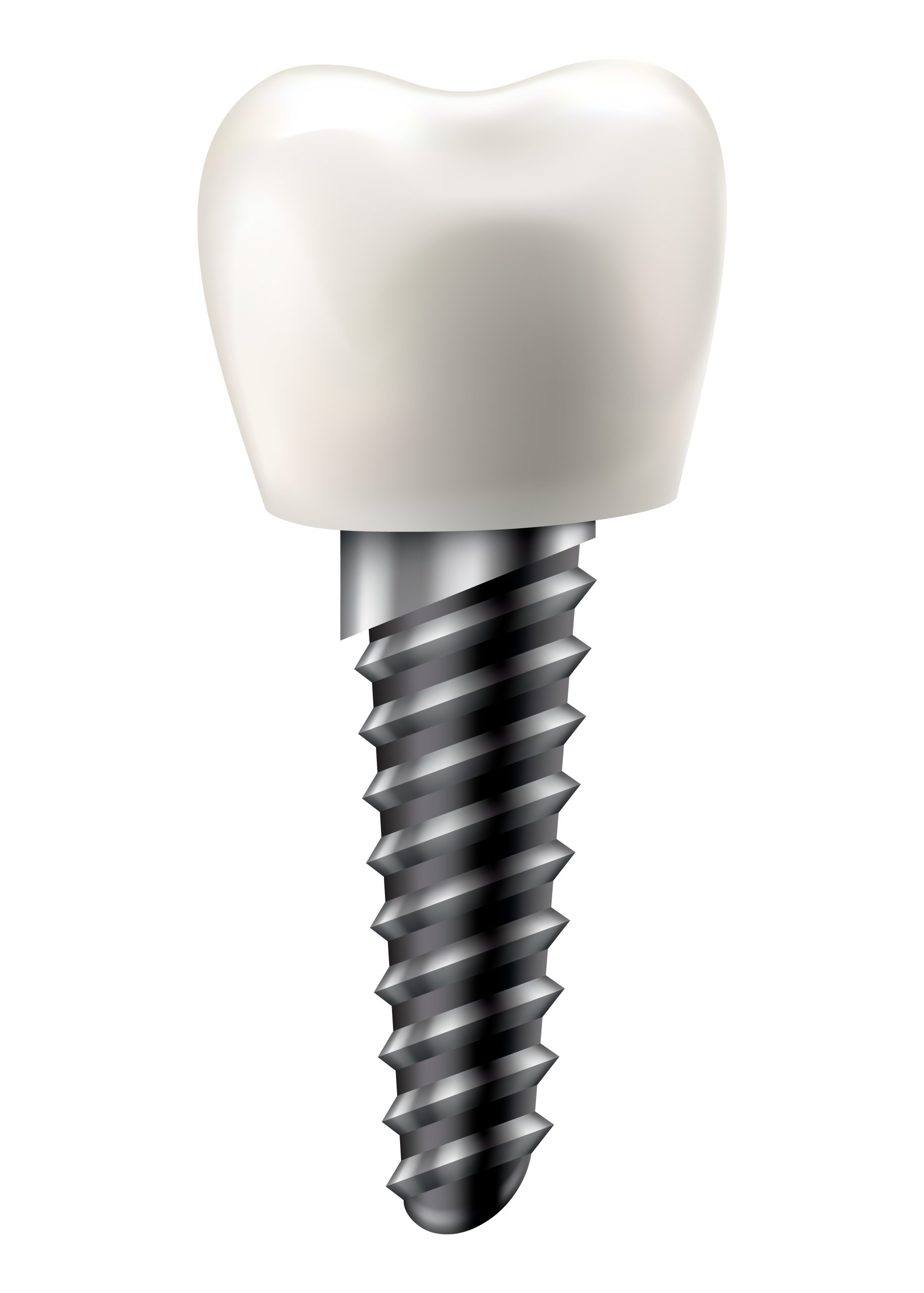
Pre-Surgical Medical Evaluation
Before your implant surgery, your oral surgeon will conduct a comprehensive medical evaluation to assess your overall health and determine if you’re a suitable candidate. This evaluation includes reviewing your medical history, current medications, and any underlying conditions such as diabetes or heart disease that might affect healing. Blood tests may be required to check for infection markers and ensure proper clotting function. Additionally, advanced imaging techniques like CT scans or 3D X-rays help map your jaw structure and identify the optimal implant placement locations.
The difference
Lifestyle Modifications and Dietary Preparation
Successful implant surgery requires specific lifestyle adjustments in the weeks leading up to your procedure. Smoking cessation is absolutely critical, as tobacco use significantly impairs healing and increases the risk of implant failure. Patients should quit smoking at least two weeks before surgery and remain smoke-free throughout the healing process. Alcohol consumption should also be minimized, as it can interfere with blood clotting and medication effectiveness. Your surgeon may recommend dietary supplements like vitamin D and calcium to support bone health.
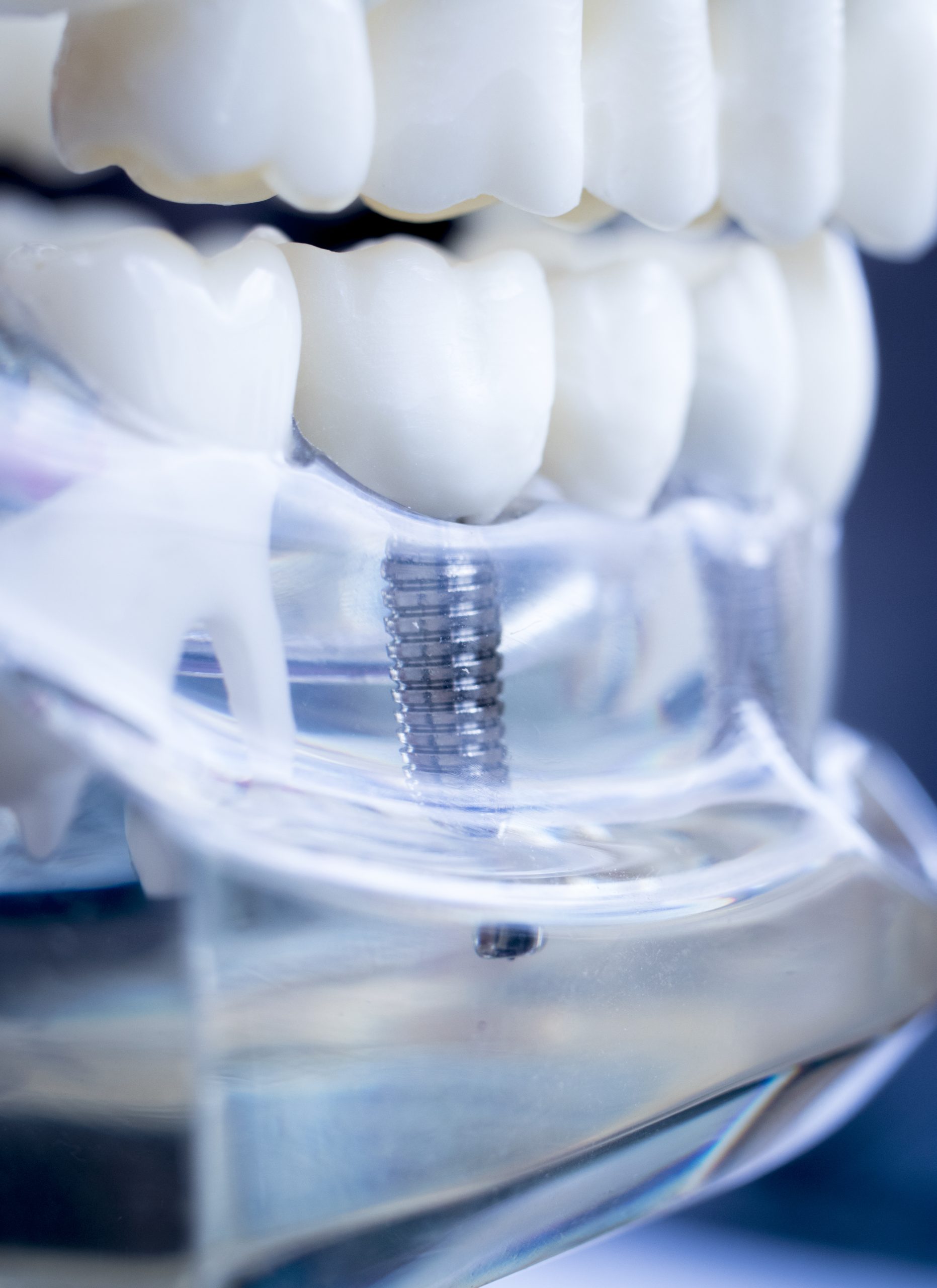
Day-of-Surgery Preparation
On the day of your surgery, proper preparation ensures a smooth procedure and optimal comfort. Wear comfortable, loose-fitting clothing and avoid jewelry or makeup. Follow your surgeon’s fasting instructions carefully, typically requiring no food or drink for 8-12 hours before surgery if general anesthesia is planned. Arrange for a responsible adult to drive you home, as you may experience drowsiness from sedation. Bring your insurance information, identification, and any prescribed pre-medications your surgeon recommended taking before the procedure.

